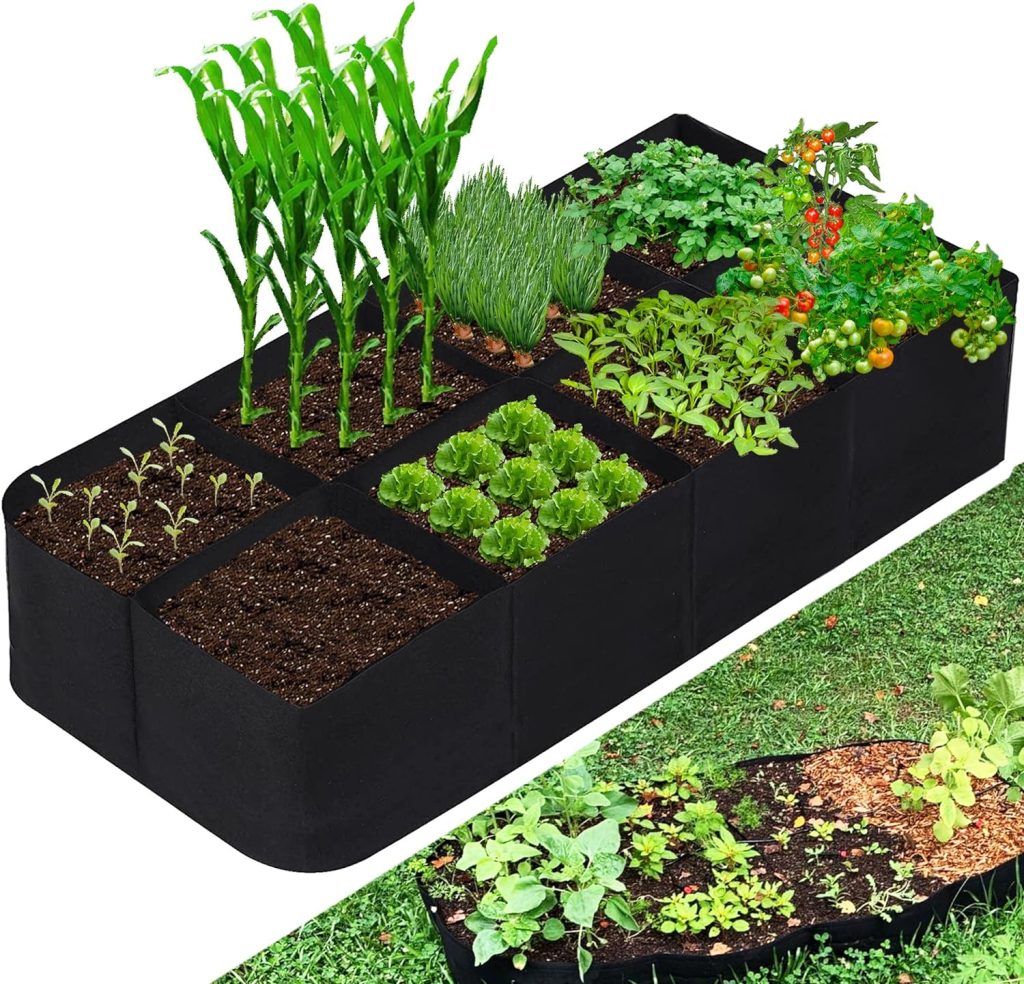The Health Benefits of Eating Organic Food
In recent years, the consumption of organic fruits and vegetables has garnered increasing attention, with health-conscious individuals and environmental advocates alike championing its benefits.
Organic food, cultivated without synthetic pesticides, fertilizers, or genetically modified organisms (GMOs), offers a compelling array of advantages for both personal well-being and the planet. From potentially higher nutrient levels to reduced exposure to harmful chemicals, the health benefits of incorporating organic food into one’s diet are multifaceted and deserving of exploration.
Health Benefits
Eating organic food offers several potential health benefits:
- Reduced Exposure to Pesticides: Organic farming practices prohibit the use of synthetic pesticides and herbicides. This reduction in exposure to potentially harmful chemicals may lower the risk of pesticide-related health issues.
- Higher Antioxidant Content: Some studies suggest that organic fruits and vegetables may contain higher levels of antioxidants compared to conventionally grown counterparts. Antioxidants help neutralize harmful free radicals in the body and may reduce the risk of chronic diseases.
- Better Nutritional Quality: Some studies suggest that organic foods may have higher nutritional quality. Factors such as soil quality and farming practices may contribute to this difference.
- Reduced Risk of GMOs: Certified organic foods do not use genetically modified organisms (GMOs). Some people prefer to avoid GMOs due to concerns about their potential impact on health and the environment.
Suggested Fruits and Vegetables
Here are six fruits and vegetables that you can grow in your organic garden:
- Tomatoes: Tomatoes are easy to grow and come in many varieties suited to different climates and growing conditions. They’re rich in vitamins and antioxidants, making them a nutritious addition to your diet.
- Lettuce: Lettuce is a cool-season crop that is relatively low-maintenance and can be grown in both garden beds and containers. It provides essential vitamins and minerals, including vitamin K and folate.
- Strawberries: Gardeners can grow strawberries in containers or raised beds. They are delicious and rich in vitamin C, as well as antioxidants
- Bell Peppers: Bell peppers are easy to grow and come in a variety of colors. They are rich in vitamins A and C and are suitable for salads, roasted, grilled, or stuffed with various fillings.
- Zucchini: Zucchini is a prolific summer squash that thrives in warm weather. It’s easy to grow and produces an abundance of fruit throughout the season. Zucchini is low in calories and rich in vitamins and minerals like vitamin C, vitamin B6, and potassium.
- Blueberries: Blueberries are a perennial fruit that you can grow in containers or in the ground. They are packed with antioxidants and vitamins, including vitamin C and vitamin K. Blueberries are delicious eaten fresh, added to smoothies, or used in baking. Plus, they add beautiful foliage to your garden with their vibrant green leaves and delicate white flowers in spring.

